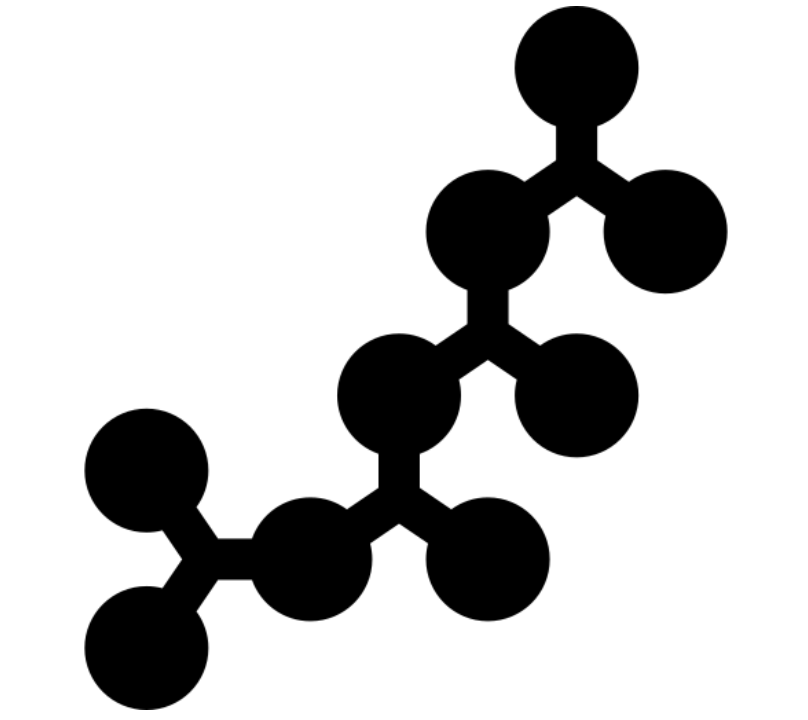
Manganese: The Trace Mineral with a Big Role in Detox & Cellular Defence
At Flush, we recognise that even the smallest nutrients can play outsized roles in keeping the body balanced. Manganese is a prime example: required only in trace amounts, yet essential for energy production, antioxidant defence, and even neurological protection. While deficiency is rare, optimal manganese intake supports the kind of deep cellular resilience that lies at the heart of the Flush philosophy.
Why Manganese Matters
Manganese functions as a cofactor for multiple enzymes, meaning it activates the processes that convert food into usable energy. Beyond energy, it has a dual role in oxidative balance:
-
Antioxidant defence: It is required for manganese superoxide dismutase (MnSOD), one of the body’s primary enzymes for neutralising reactive oxygen species. This makes it vital for reducing oxidative stress, protecting DNA, and preserving cellular function.
-
Pro-oxidant regulation: Interestingly, manganese can act as both antioxidant and pro-oxidant. In the right amounts, it protects; in excess, it can create stress the body struggles to manage. Flush views this as a reminder of balance—the principle that underpins detox and renewal.
Manganese also supports bone mineralisation, wound healing, and metabolism of amino acids and carbohydrates—all cornerstones of repair and recovery.
Manganese, Detox & Neurological Health
Flush is particularly interested in manganese because of its role in liver detox pathways and brain resilience.
-
In the liver, manganese-dependent enzymes help neutralise free radicals generated during detoxification, ensuring the process doesn’t harm healthy tissues.
-
In the brain, manganese contributes to protecting neurons from oxidative damage. However, excessive manganese—particularly from environmental exposure—has been linked to neurological symptoms. This duality highlights the need for the right intake: enough to defend, but not so much that balance tips.
Toxicity & Safety
Unlike industrial overexposure through inhalation (such as in mining), dietary manganese from food sources is not considered toxic. The body tightly regulates absorption, and excess is efficiently excreted through bile and kidneys.
Plant-based diets are naturally higher in manganese—sometimes exceeding the US upper intake limit of 11mg/day—yet studies report no adverse effects. This suggests the body adapts well when manganese comes from whole foods, especially when balanced by other minerals like iron.
Caution is only advised for individuals with chronic liver disease, where manganese clearance may be impaired.
Flush Perspective
Manganese illustrates the fine balance of detox and repair. It is a guardian of cells, an enabler of energy, and a quiet protector of the brain. But it also shows us that excess—even of a helpful nutrient—can create stress rather than relief.
For Flush, manganese reinforces the principle that detox is about precision, not extremes. With the right balance of trace minerals, the body’s natural repair systems can operate at full strength.
Flush takeaway: Manganese may be tiny in dose, but its role in cellular defence, detox pathways, and neurological stability makes it one of the body’s quiet but essential allies.








